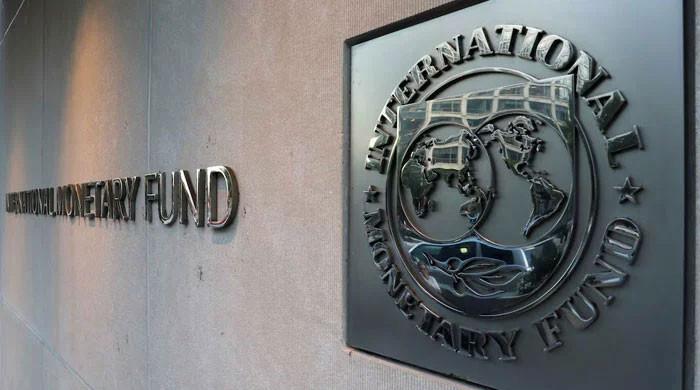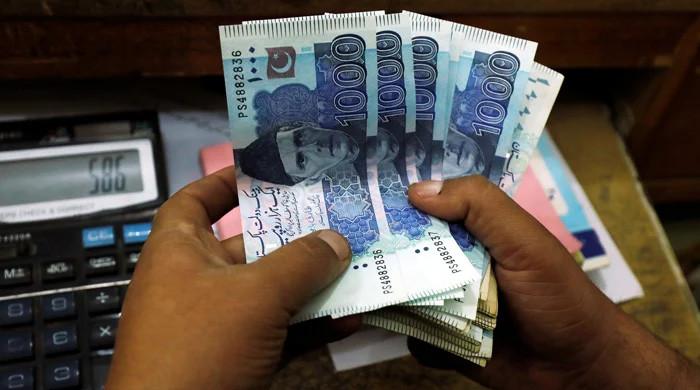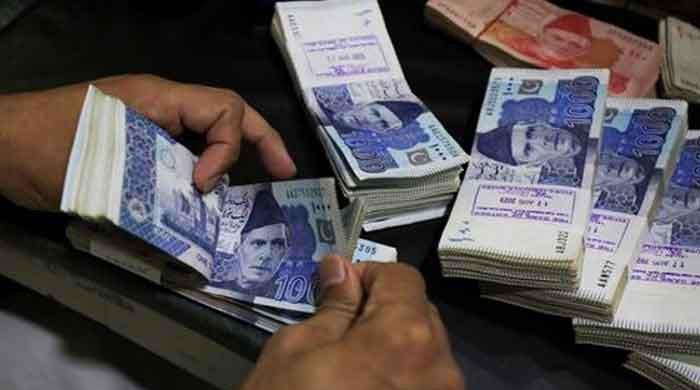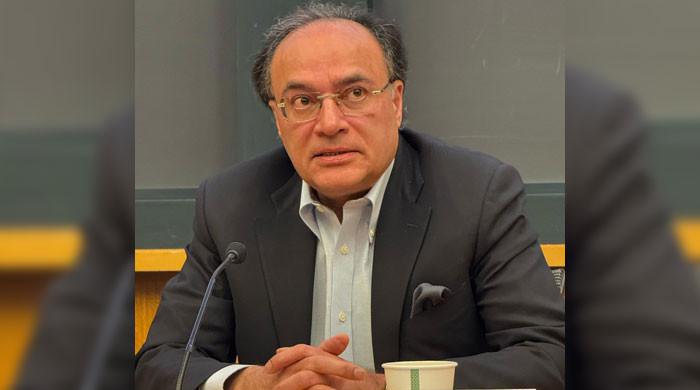SPI inflation moves to 25-week high at 42.27% YoY
Pakistan recorded a rise of 42.70% YoY in September 2022 on account of an all-time high in prices of wheat flour
March 11, 2023
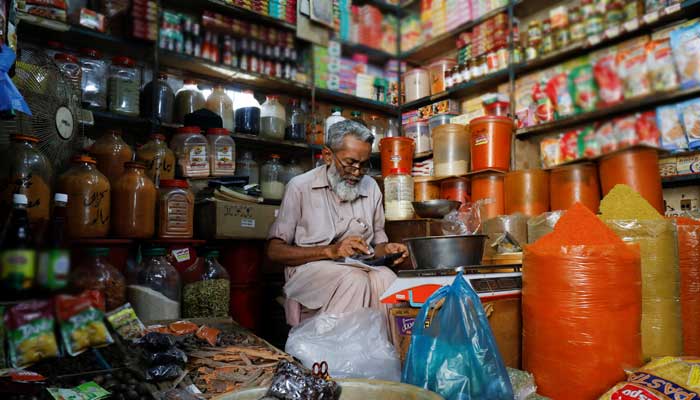
- Inflation bites as Pakistanis struggle to meet ends.
- Massive rise recorded in prices of tomatoes, potatoes, onions
- Prices of perishable items increased ahead of Ramadan.
KARACHI: Weekly inflation shot up 1.37% week-on-week and 42.27% year-on-year during the week ended March 9, witnessing a 25-week high on annualised basis, as prices of perishables begin climbing ahead of Ramadan.
The Pakistan Bureau of Statistics (PBS) data issued on Friday attributed the surge in the sensitive price indicator (SPI) to the increase in prices of tomatoes (12.43%), potatoes (11.37%), onions (9.26%), sugar (5.48%), bananas (5.31%), cooking oil 5 litre (4.27%), wheat flour (4.06%), vegetable ghee 2.5kg (4.01%), printed lawn (2.00%), curd (1.89%), milk fresh (1.82%), tea (1.79%), shirting (1.45%), broken basmati rice (1.24%) and powdered salt (1.21%).
On the other hand, a major decrease was observed in the prices of chicken (6.73%), garlic (2.07%), pulse moong (0.83%), eggs (0.77%), pulse masoor (0.50%), LPG (0.26%), firewood (0.12%) and pulse gram (0.05%).
For the week under review, SPI was recorded at 243.87 points against 240.57 points registered last week and 171.41 points recorded during the week ended March 10, 2022.
Brokerage Arif Habib Limited on its official Twitter handle said this was the highest weekly YoY number since September 8, 2022.
Pakistan recorded a rise of 42.70% YoY on September 8, 2022 on account of an all-time high in the prices of wheat flour following massive flooding across the fertile plains of Punjab and Sindh.
The PBS data attributed the YoY rise in SPI to the jump in the prices of onions (305.23%), cigarettes (165.86%), gas charges for Q1 (108.38%), diesel (93.82%), eggs (78.63%), rice Irri-6/9 (78.14%), petrol (77.89%), broken basmati rice (77.27%), bananas (74.01%), pulse moong (72.54%), tea (66.31%), pulse mash (56.02%), pulse gram (55.97%), and bread (55.36%).
Inflation has risen sharply over the last couple of years, with Pakistanis, particularly those from the lower and middle-income groups, struggling to make ends meet.
The sticky inflation numbers along with the stalled International Monetary Fund (IMF) programme, also pushed the State Bank of Pakistan (SBP) to raise its benchmark interest rate by 300 basis points to a 26-year high. Pakistan is desperately trying to persuade the IMF to disburse the critical $1.1 billion funding. Inflation worries have led the central bank to elevate its interest rates by 10 percentage points since January 2022.
Analysts expect that massive poverty would be the outcome of the recent decisions taken by the government to please the IMF for a meagre $1.1 billion bailout tranche, whereas businesspersons also have not ruled out a default despite fiscal tightening.
For the groups spending up to Rs17,732; Rs17,733-22,888; Rs22,889-29,517; Rs29,518-44,175; and above Rs44,175; YoY SPI increased 39.09, 40.98, 41.79, 42.53, and 44.14% respectively.




